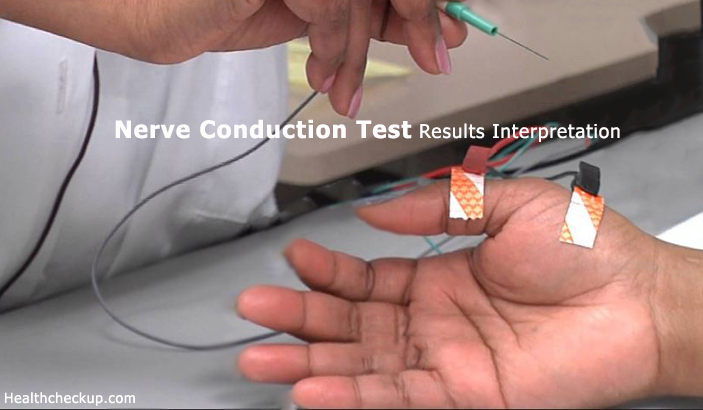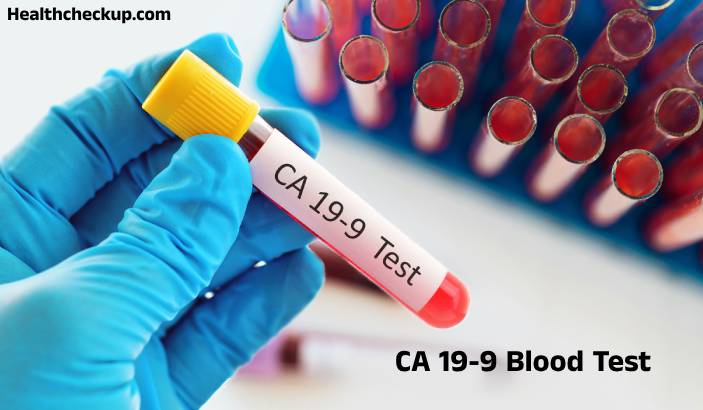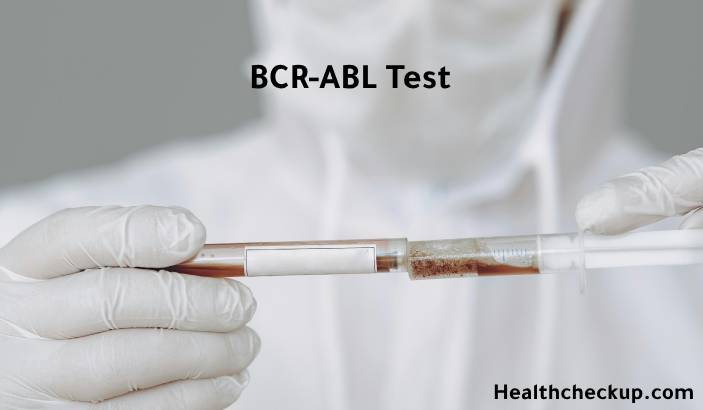The nerve conduction test is a highly valuable tool used in the medical industry. It is the nerve conduction test results interpretation that helps the neurologists determine the reason behind the disease affecting the peripheral nerves and muscles. The test is considered to be a medical boon as several nerve dysfunction, and damage related issues can be diagnosed on time and given treatment.
How does the Nerve Conduction Test Results Interpretation Work?
Also referred as the NCV (Nerve Conduction Velocity) test or examination is used for the understanding and determining of the nerve damage. The test examines the pace of the electrical signal movement through the peripheral nerves of the human body. The nerve conduction test results interpretation can determine any damaged peripheral nerve situated outside the brain and along the spinal cord.
It is the peripheral nerves that have control over your muscles and also aids you to experience the sense. When the nerves are healthy, they will send electrical signals more quickly and rapidly with excellent strength as compared to dysfunction or damaged nerves. The nerve conduction test results interpretation has proved to help to the doctors to distinguish between a nerve disorder and a nerve injury affecting the muscles. Making out the difference is vital because the doctor can diagnose and render the proper treatment course.
When is the Nerve Conduction Test Referred to a Person?
The nerve conduction study is useful in the determining of several neuromuscular and muscular dysfunctions or disorders. Some of them include:
- Carpal Tunnel Syndrome
- Guillain-Barre syndrome
- Herniated Disk Disease
- Charcot-Marie Tooth disease
- Peripheral Nerve Injury
- Chronic Inflammatory Neuropathy and Polyneuropathy
- Sciatic Nerve Problems
Along with the NCV, an EMG or Electromyography test is often advised by the doctors. The combined results give a better nerve conduction test results interpretation and thereby diagnose the location, presence and the degree of the damage caused to the peripheral nerves and muscles due to the disease.
Preparing for the Nerve Conduction Test
While planning for the nerve fiber conduction test, you will be asked several questions by the doctor along with the examination of your body conditions. Some of the common ones include:
- You will be asked regarding your habit of alcohol consumption
- Whether you are a non-smoker or a smoker.
- The neurologic medications that you consume, like opioids, muscle relaxants, and other related medicines.
- Do you suffer from diabetes, hyperthyroid or any other immune system disorder?
- Do you have a pacemaker?
All the above mentioned information is necessary for a doctor to know in order to get the correct nerve conduction test results interpretation without any interference of medicines, habits or foreign objects implanted in the body during the test.
It is also recommended by the doctors that you must stop using any oil and lotion on your skin a few days before you schedule your NCV test. The creams, lotions, and oils can act as a hindrance for the electrodes from being placed in the skin correctly. Caffeine is also restricted from consuming a few hours before the test. You don’t have to necessarily go fasting in order to receive the correct nerve conduction study results interpretation.
Nerve Conduction Test – What to Expect?
The expectations from the nerve conduction study results interpretation will vary from one case to the other. But, there are certain particulars that are general and same in all the cases. Let us have a look at them.
- You will not be allowed to wear or brace any metal objects, like jewelry since it can interfere with the entire test.
- You might be asked to lie down or even sit for the test.
- The doctor performing the test will find the nerve that needs to be tested.
- You will be asked to remove your clothes and wear a gown easy for the test.
- Two electrodes will be placed on your skin. Some kind of jelly-like gel is used to stick the electrodes to the skin. One of them will stimulate the nerve. And the other will keep track of the nerve stimulation.
- A mild electrical shock is rendered to stimulate the nerve.
The whole process won’t take more than half an hour. The sensation that you experience during the test is no doubt discomforting, and you might suffer from minor pain. Pain after nerve conduction test is very rare. Depending on the condition, the doctor might go for the tests in more than one location and find out the correct nerve conduction study results interpretation.
The NCV Test Results Normal Range
The NCV test is an objective recording of a nerve’s health. The nerve conduction test result ranging between 50 to 60 meters every second is considered to be normal. To find out the result of the nerve conduction test, the other information needs to be examined as well. The results can get influenced by:
- The body part under examination
- Age
- Gender
- Your medical history
- Symptoms
- The location you reside
When the nerve conduction velocity test confirms the range beyond the normal level. It indicates that the nerve is either damaged or dysfunctional due to a disease. The damage to the nerve cannot always be concluded correctly since there are so many conditions that can affect a nerve. You have to understand that there is no single recovery solution to the damaged nerve. The correct nerve conduction study results interpretation can help you diagnose the problem and thereby follow the specific treatment course.
Medically Reviewed By








